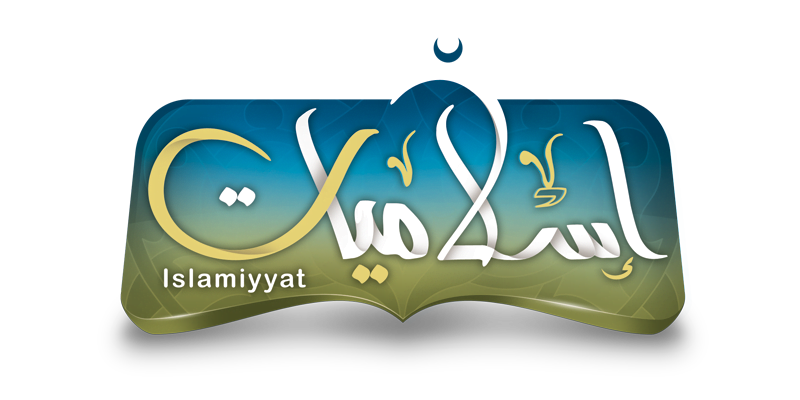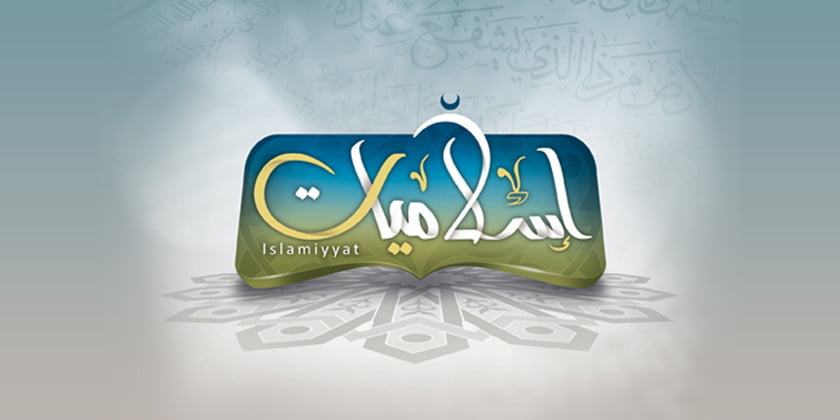The Most Upright Religion
الدين القيم للدكتور محمد هداية
(Translated by sister Soad Naguib jazahaAllah Kgeiran)
This program helps us understand our creed and grasp our religion so that we meet Allah on the Day of Judgment as He, Exalted be He, would us to be. The month of Ramadan is the Month in which Allah sent down the Noble Qur’an: a guidance to mankind, the Month which, as Allah taught us, was the beginning and commencement. When we realize that the commencement of the Month of Ramadan was the order: “Read!” and that the beginning and the Opening of the Noble Qūr’an is al-Fatihah (the Opening Sūrah), we realize that everything has a beginning and an end. Islam, the Most Upright Religion, is Allah’s religion pivots on creed and Shari`ah (Islamic Law). In more than one episode, we will become acquainted with Islam, the Most Upright Religion and the reason behind describing it as the Most Upright Religion. Our aim is to know and be acquainted with the True Islam.
The word `aqida (literally, creed) pivots on certitude. Let’s give an example from our everyday life. Allah says: “O you who have believed, fulfill your contracts (ūqūd).” (Sūrat Al-Maidah (The Table) (5), verse 1). Ūqūd (i.e. contracts) are the written agreements which you believe and concluded. When Arabs say ‘āqad (literally, are knit) rope this means that its knots become tightly knit. Then the word `aqida is a word that is parallel to Shar`iah (Islamic Law) which denotes deeds, whereas `aqida (literally, creed) denotes a belief that lurks in the heart. In Shar`iah (Islamic Law), if one observes the prayer without believing in the Lord to Whom he is praying and that the prayer is one of the Pillars of Islam, then he performed an act of worship without having the heart and faith are involved in it. A person who performs the prayer appropriately, then this proves that he is faithful and has upright creed. A mischievous and disobedient person’s prayer performs the prayer in an inappropriate way. In the Prophet’s days, a man entered the mosque while the Prophet (SAWS) was in the mosque. The man prayed two rak’as and went to the Prophet (SAWS) to greet him. The Prophet (SAWS) ordered him to perform the prayer again because, in fact, he had not prayed. The Prophet (SAWS) repeated this twice or thrice as each time the man performed the prayer in the same manner. The amn’s inappropriate performance of prayers proves that there is something missing in the faith (and creed) that lurks in his heart, hence this affects his deeds and prayers. `Āqida lurks in the heart as when we say that Islam is `āqida (literally, creed) and Shar`iah (Islamic law) then this means that creed is linked to faith and knowledge whereas doing righteous deeds and the performance of acts of worship are linked to Shar`iah. Hence, knowledge is linked to creed and deeds are linked to Shar`iah.
After Sūrat al-Fatihah, Allah says in Sūrat al–Baqarah : “Alif, Lam, Mîm. (These are the names of three letters from the Arabic alphabet, probably indicating that this inimitable Revelation, the Qur’an, is made of this Arabic alphabet. Only Allah Knows their meaning here). That is the Book, there is no suspicion about it,” (Sūrat al-Baqarah (The Cow) (2), verses 1,2). This proves what we say as no one can belive in something about which there is suspicion because faith is based on certitude and firm belief about which there is no suspicion. The first thing mentioned after Sūrat al-Fatihah is that this Noble Qūr’an as “there is no suspicion about it,” (Sūrat al-Baqarah (The Cow) (2), verse 1). There is no suspicion, doubt, delusion about creed.
Allah says in Sūrat al–Baqarah: “Alif, Lam, Mîm. (These are the names of three letters from the Arabic alphabet, probably indicating that this inimitable Revelation, the Qur’an, is made of this Arabic alphabet. Only Allah Knows their meaning here). That is the Book, there is no suspicion about it,” (Sūrat al-Baqarah (The Cow) (2), verses 1,2).
This ayah means: “This Book, that is the Noble Qūr’an, which will guide you to `āqida (literally, creed) and Shar`iah (Islamic law), there is no suspicion whatsoever about it. That is why these two ayahs are the first ayahs after Sūrat al-Fatihah. There are four phases of perception, for obviously I will not mention ‘ignorance’. These should be either perception, suspicion, doubt or delusion.
Our Lord teaches us that “That is the Book, there is no suspicion about it, a guidance to the pious.” This ayah , on depicting the way of āqida (literally, creed) and Shar`iah (Islamic law), confirms that the only means to get cognizant thereof is knowledge and true faith. Our Lord depicts our way to guidance in that ayah of Sūrat al–Baqarah with its two wings: āqida (literally, creed) and Shar`iah (Islamic law).
Allah says in Sūrat al–Baqarah : “Alif, Lam, Mîm. (These are the names of three letters from the Arabic alphabet, probably indicating that this inimitable Revelation, the Qur’an, is made of this Arabic alphabet. Only Allah Knows their meaning here). That is the Book, there is no suspicion about it, a guidance to the pious.” (Sūrat al-Baqarah (The Cow) (2), verses 1,2). This means that this Book about which there is no suspicion will not guide save the pious. Piety is the pillar and pivot of devoutness and doing righteous deeds in Islam. And to show and prove manifestly that this Book is a guidance to the pious, Allah informs us of the pious, who are the pious? The fact that this Noble Qūr’an guides the pious only is a decisive criterion in the pivot of this religion.
In Sūrat al-Baqarah there is a great and magnificent ayah linked to the month of Ramadan, that is, “The month of Ramadan (is the month) in which the Qur’an All-Supreme Reading) was sent down: a guidance to mankind,” (Sūrat al-Baqarah (The Cow) (2), verses 185). Guidance is all-encompassing as it is for all mankind, whereas the beginning of Sūrat al-Baqarah the 2nd ayah limited guidance to the pious. When the Prophet (SAWS) died, guidance has been limited to the pious only: “That is the Book, there is no suspicion about it, a guidance to the pious.” ( Sūrat al-Baqarah (The Cow) (2), verses 1,2). Those who read the Noble Qūr’an and do not observe the prayer are not pious. The pious to whom this Book will be guidance and the pious who will imbibe from `āqida (literally, creed) and Shar`iah (Islamic law) are those “Who believe in the Unseen,” (this refers to āqida (literally, creed) ), “ and keep up the prayer,” (this refers to Shar`iah (Islamic law) ). Islam, the Most Upright Religion, is Allah’s religion pivots on creed that lurks in the heart and refers to all the unseen and divine knowledge and Shari`ah (Islamic Law) which the Muslim enacts and performs according thereto all what is mentioned in the Noble Qūr’an and Sūnnah. “And expend of what We have provided them” this refers to Shar`iah (Islamic law). All the religious acts of worship refer to Shar`iah (Islamic law), and all the unseen and knowledge refers to `āqida (literally, creed). The next ayah : “who believe in what has been sent down to you, and what has been sent down (even) before you,” refers to `āqida (literally, creed).

